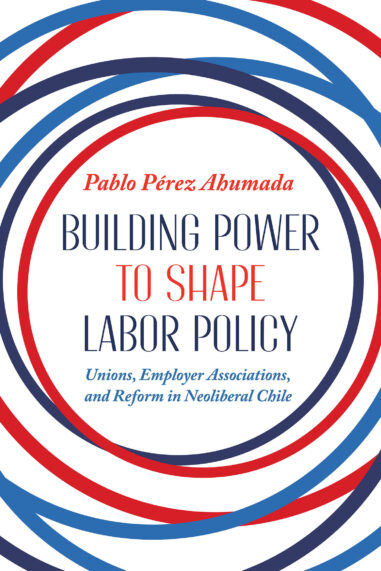During Chile’s shift to neoliberalism, the dictatorship of Augusto Pinochet passed a swath of probusiness labor legislation. Subsequent labor reforms by democratically elected progressive administrations have sought to shift power back to workers, but this task has proven difficult. In Building Power to Shape Labor Policy, Pablo Pérez Ahumada explains why. Focusing on reforms to collective labor law, Pérez Ahumada argues that analyzing how both workers and employers mobilize power to influence government policies is crucial for understanding labor reform outcomes. He examines the relational character of power to explain how different types of power—structural, institutional, associational—interact with each other, and proposes a relational understanding of power and how it is balanced among competing social classes. While workers and employers both have a hand in shaping labor law, their influence is not equal. Analysis of recent events in Chile reveals how the balance of power and the lingering effects of neoliberalism manifest in labor reform.


